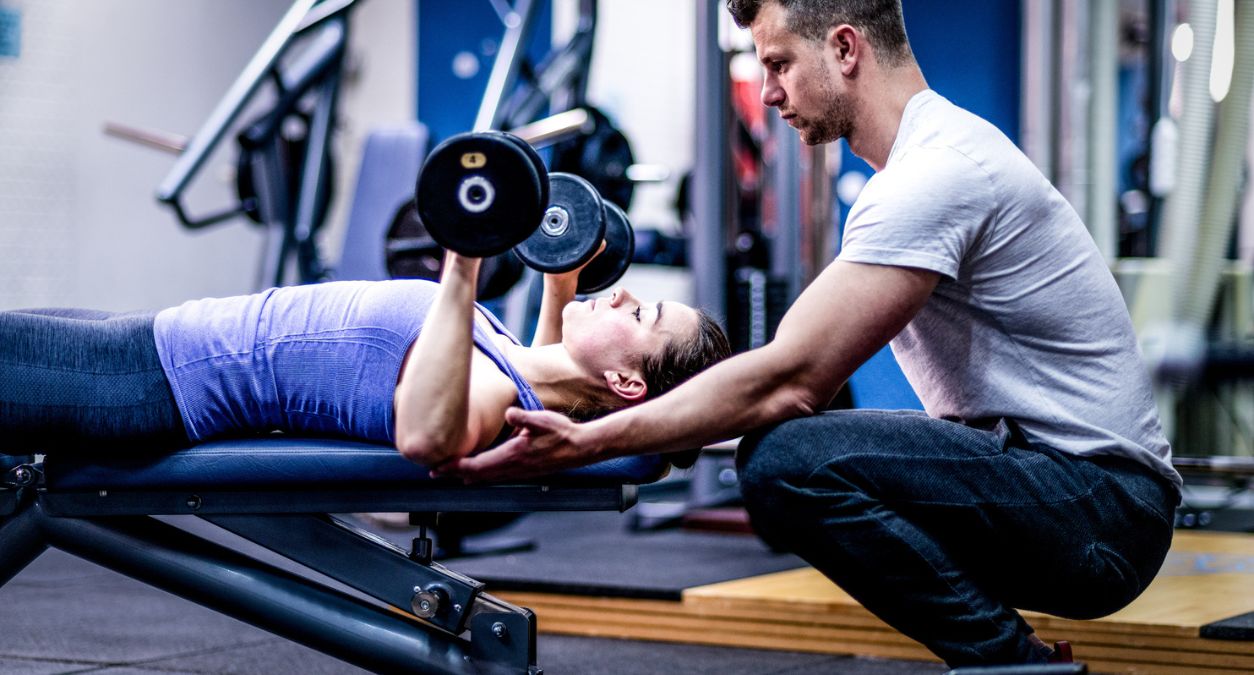If you’re sporty and like the idea of being your own boss, then becoming a professional personal trainer is a stand-out career option. You can share your passion for exercise and healthy living with paying clients, and feel the satisfaction of helping them achieve their goals, whether it’s completing a marathon or just losing a couple of stone in weight.
As the personal training market in the UK has grown, so the types of personal trainers out there have diversified more and more. There are now some highly specialised PT services in the marketplace, filling specific needs with focused skills, techniques and expertise. But which one represents your perfect career aspiration?
In this guide, we’ll highlight many of the different types of personal trainers there are and give you advice on how to work out which one would be the best career option for you.
Which one is right for me as a career option?
Get Personal Trainer Insurance from Protectivity
*Disclaimer – This blog has been created as general information and should not be taken as advice. Make sure you have the correct level of insurance for your requirements and always review policy documentation. Information is factually accurate at the time of publishing but may have become out of date.
Last updated by
















